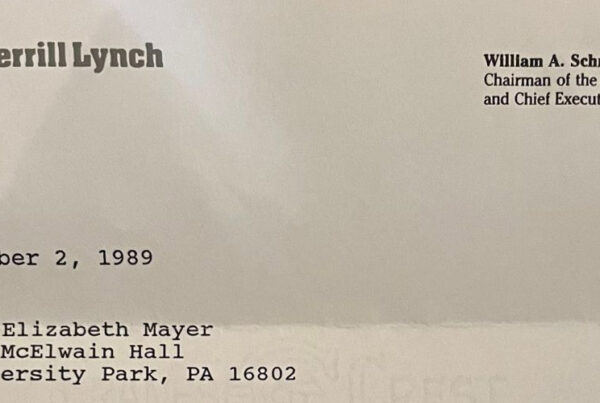
Stories. What makes a story great is its lesson. And how the lesson makes us think differently, such that we are better for learning it. Quentin Fottrell, the personal finance columnist from The Moneyist, does just this. Teaches us something profound.
I have read his column for years now as it shows an interesting side to human behavior. Today, I was magnetized by his headline, “I have a First World problem: I earn $500K, and have $1 million in assets. Should I buy a $30K bracelet during a global pandemic?” Upon reading it, I thought, “This person makes a lot of money, why can’t the person just buy what s/he wants? What does s/he need advice on?” Human behavior, the invisible, always-tugging pull on my shirttail, caused my mouse to click on the headline.
Quentin Fottrell always provides advice from both perspectives, typically, “Should I do something?” or “Shouldn’t I do something?”
Today was a little different in the sense that Fottrell included a lengthy story, that was both on message and offered some really useful, insightful advice on you guessed, human behavior. And the core issue for the person is not money. Fottrell’s insight, “Our monetary dilemmas are rarely about what we think they’re about,” is spot on. And his Better Tomorrow Message™. addressed the problem/issue at hand — Just out-spark it.
You can read the entire column article here. The full story from Quentin Fottrell is below followed by his insight and keen advice.
I have a First World problem: I earn $500K, and have $1 million in assets. Should I buy a $30K bracelet during a global pandemic?
Quentin Fottrell Story
I’ll tell you what is my style: A pair of chocolate brown Donna Karan trousers that I bought for a friend’s wedding in New York 20 years ago. I had traveled here from Dublin. A friend took me to Saks Fifth Avenue. I was fresh out of college, and thought, “How expensive could they be?”
I rolled up to the cash desk after they were adjusted three ways from Sunday, and the clerk told me they were $450. I handed over my fresh-out-college credit card and watched in horror as the cashier rung up the equivalent of one month’s rent. I was Jason, and those threads were my golden fleece.
I loved those dress pants. They moved like slow motion. I cared for them like priceless silk and, one day, I dropped them into a dry cleaners in Dublin. I noticed some lights were out that day, but I paid no heed. It was 2008. The dry cleaners went bankrupt, and padlocked its doors. I never saw those Donna Karan trousers again.
What has all that got to do with your $30,000 bracelet? Three things.
- This piece of jewelry has something to teach you, and you don’t have to buy it to learn what that is
- This is a trouser- and judgment-free zone
- Our monetary dilemmas are rarely about what we think they’re about
You have formed an attachment to this bracelet, or at least to the idea of this bracelet. Let that go for a moment. What else you could do with $30,000? Something different, but equally novel that perhaps could also have an impact? You don’t even have to spend the money on you.
Buy or don’t buy it. Remember this: However it makes you feel, you can feel that way without it. Whatever properties, provenance or millesimal fineness this piece of jewelry holds, your own qualities as a human being outweigh it. Whatever obsession it sparks in you, you can out-spark it.
Quentin Fottrell
MarketWatch’s personal-finance editor and The Moneyist columnist for MarketWatch. You can follow him on Twitter @quantanamo.
Photography Source: DepositPhotos
#storytelling #marketing #customerservice #humanbehavior



